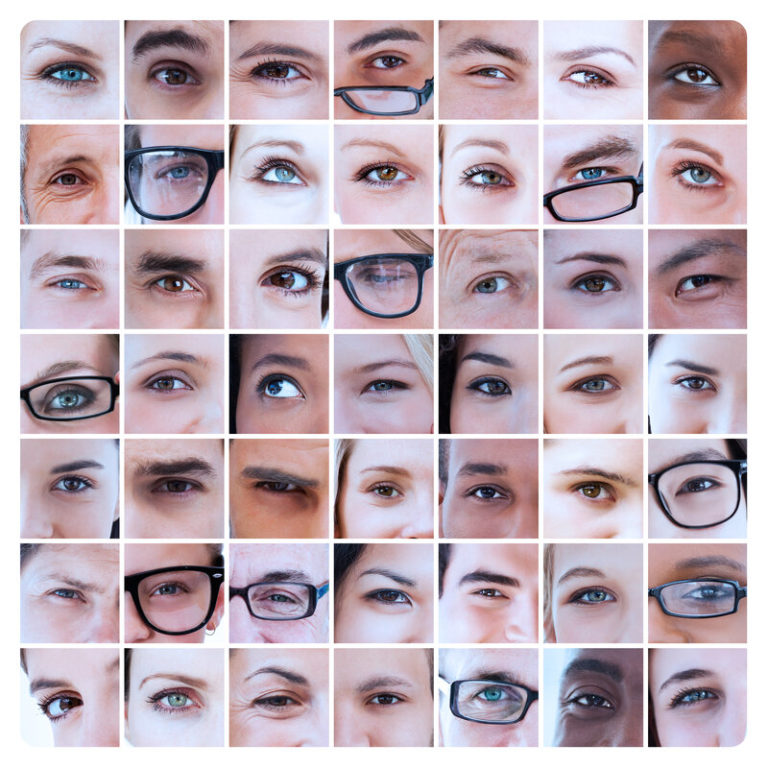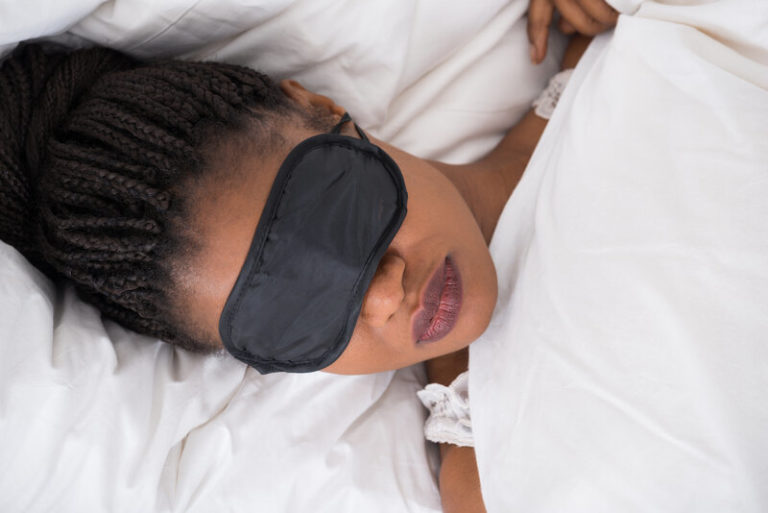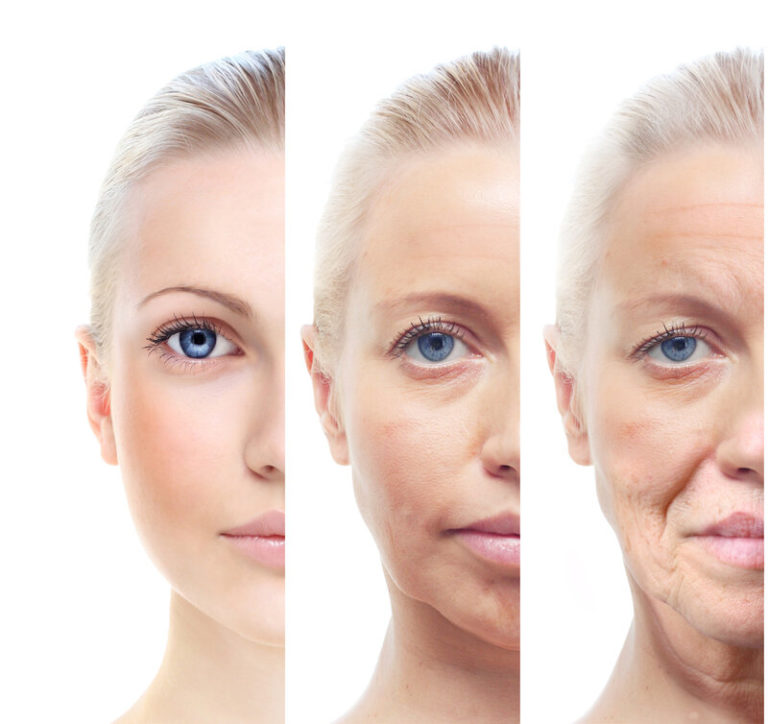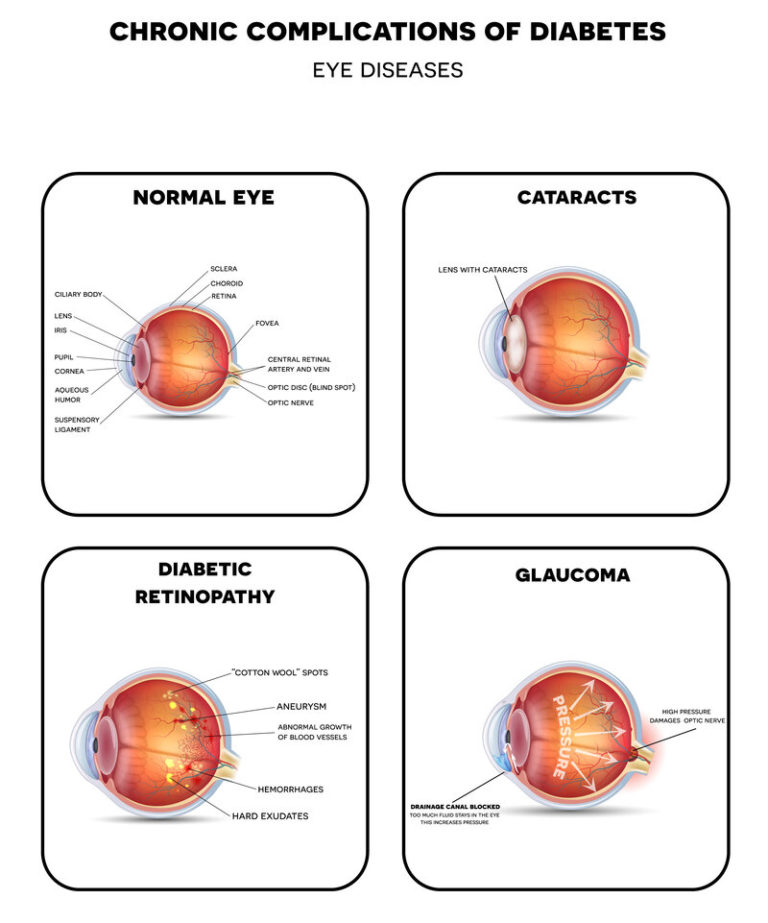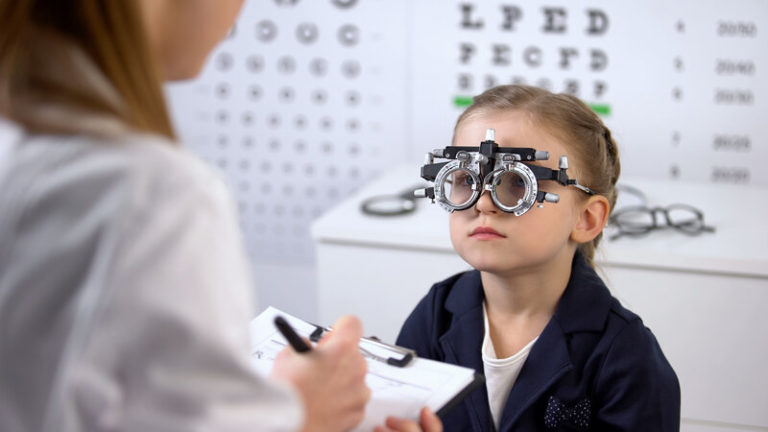Eye Protection In Winter Is As Important As Summer
Posted by: Atlantic Eye Institute in Dry Eye,Education
Our culture is well-versed in protecting our eyes from the sun during the summer months. We don hats and sunglasses with abandon, and some of us even have “dog goggles” to protect the eyes of our canine companions. But did you know that winter’s snowy regions pose an even greater risk to your eyes? If…
Read MoreDoes Eye Color Affect Vision?
Posted by: Atlantic Eye Institute in Education
Your eye color is 100% linked to specific genes. And so are many of the most common eye conditions and eye diseases leading to vision loss. However, for the most part, your eye color doesn’t put you at risk for vision conditions (an exception being albinism). However, the color of your irises can make a…
Read MoreThe Relationship Between Sleep And Eye Health
Posted by: Atlantic Eye Institute in Education
Your eyes, and your vision health, are integrated parts of your entire body. The healthier your body is, the less likely you are to suffer from eye infections, diseases, or certain conditions that contribute to vision loss. While the optometrists and ophthalmologists here at Atlantic Eye Insitute focus on the health and wellbeing of the eyes, we feel it’s…
Read MoreYour Eyes At Every Stage Of Life
Posted by: Atlantic Eye Institute in Education
Your eyes are just like any other part of your body. They grow and change as you grow and change, and they are more prone to certain conditions depending on your stage of life. Today, we’re going to take you on a journey through your eye’s experience – from birth into your golden years. To…
Read MoreThe History Of Eyeglasses
Posted by: Atlantic Eye Institute in Education
Those who depend on glasses to see the world in detail owe an abundance of gratitude to the Romans, who discovered that glass could be manipulated to magnify things. Like modern-day magnifying glasses, wealthy Romans commissioned glass blowers to make glass spheres. Put against small text, the letters and words became legible. The History Of…
Read MoreDiabetic Eye Issues: 5 Ways Diabetes Impacts Vision
Posted by: Atlantic Eye Institute in Cataracts,Education,Glaucoma
If you’ve been diagnosed with pre-type two diabetes or currently have a diabetes diagnosis, eye care is of the utmost importance. While diabetic retinopathy is a significant concern, patients with diabetes are more prone to developing diabetic macular edema, cataracts, and glaucoma. 5 Ways Diabetic Eye Issues Cause Vision Loss Most patients with diabetes are advised to…
Read More10 Reasons For Eye Pain
Posted by: Atlantic Eye Institute in Eye Pain
Are your eyes aching, burning, or causing you pain or discomfort? Any discomfort in the eyes is distracting at best and can be debilitating at its worst. If you can’t immediately identify and treat your eye pain, contact your physician or an optometrist and schedule an appointment. 10 Causes Of Eye Pain Or Discomfort …
Read MoreThe Importance Of Pediatric Eye Exams
Posted by: Atlantic Eye Institute in Eye Exams
Sometimes your baby or young child’s eye or vision issues are obvious or detected in routine physical exams. Other times, it requires a pediatric eye exam to uncover underlying vision issues. These exams are essential because, in some cases, early detection is the only way to solve the problem. If you wait too long, the…
Read MoreWhy Nutrition Is Important For Good Vision
Posted by: Atlantic Eye Institute in Education
Most of the articles posted on our blog have to do with symptoms and treatments for common eye conditions. Some of those conditions are inherited or unavoidable, but many of the conditions we write about could be eliminated or reduced with smarter, lifetime lifestyle choices. A Healthy Diet Prevents Many Common Eye Conditions A lifetime…
Read MoreHealthy Sleep Habits Support Vision Care
Posted by: Atlantic Eye Institute in Education
Most of the content we publish around vision care includes recommendations for regular eye exams, the importance of choosing the right vision care provider, or information about some of the most common eye issues or vision concerns. Today, we want to focus on a lesser-discussed topic: the connection between healthy sleep habits and vision health. Establishing…
Read More


